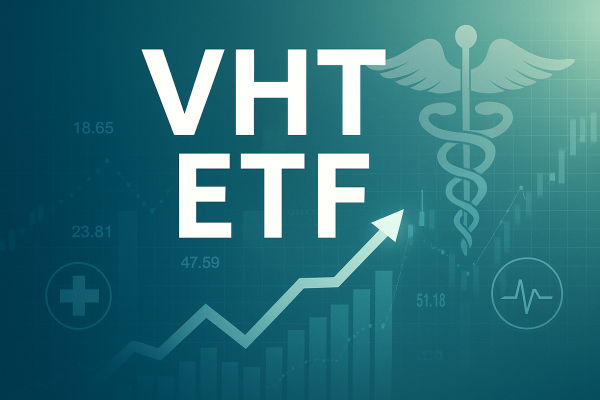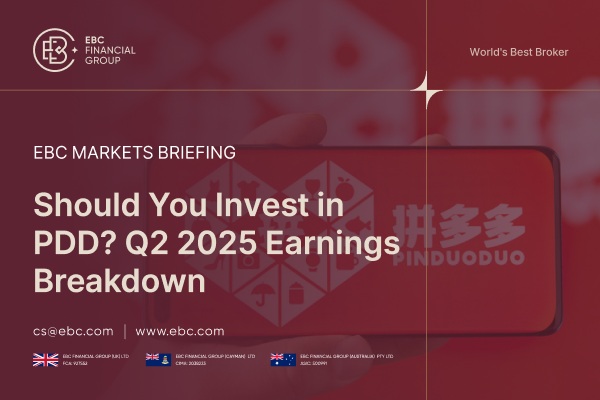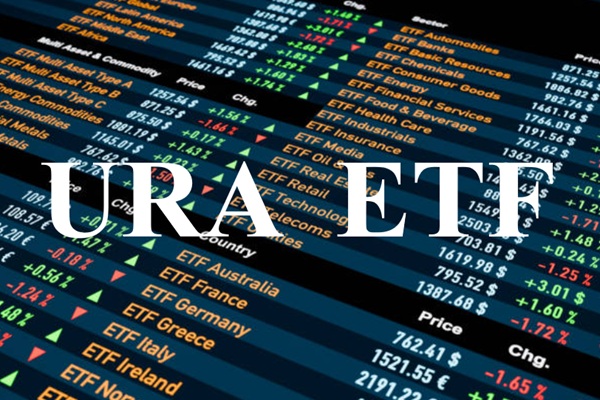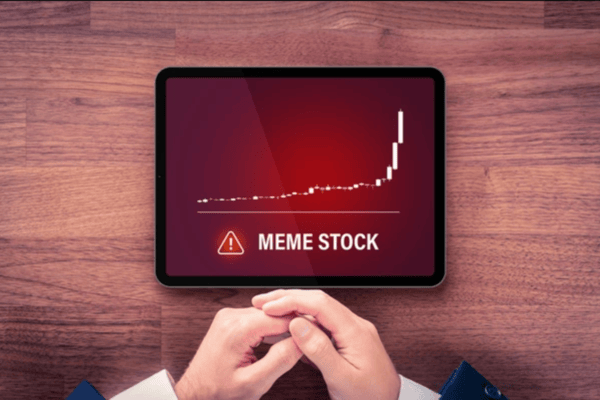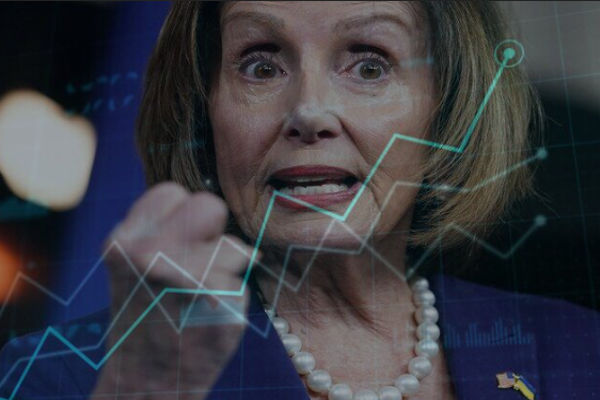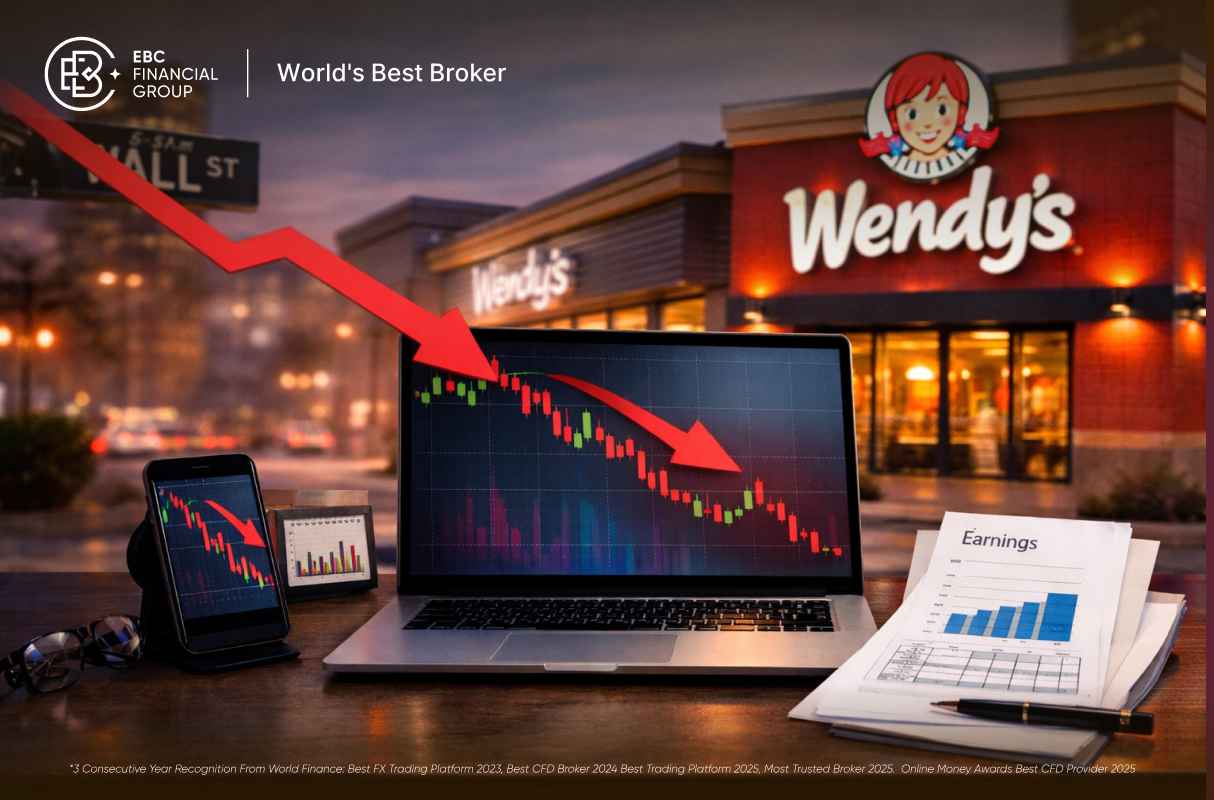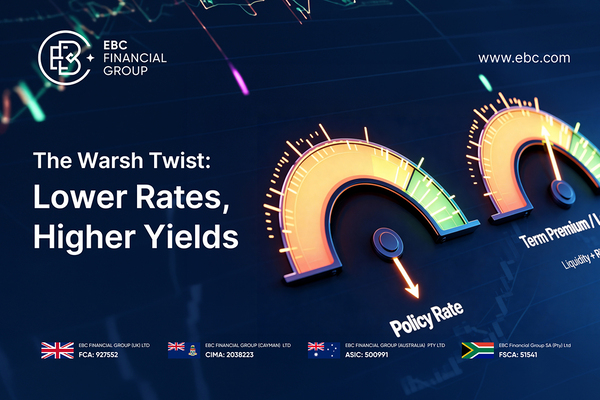The healthcare sector is a classic defensive play, with steady demand attracting investors during market turmoil. In 2025, the Vanguard Health Care ETF (VHT) remains a popular choice among both traders and long-term investors. But is it the right investment now, or are there better options? Answering this requires looking at what VHT represents, its past performance, risks, and broader market trends for the coming year.

What the VHT ETF Represents
The VHT ETF is a sector-focused exchange-traded fund tracking healthcare companies within the United States. Managed by Vanguard, it seeks to replicate the performance of the MSCI US Investable Market Health Care 25/50 Index. This means the fund covers not only large pharmaceutical companies but also biotechnology firms, medical equipment suppliers, and healthcare service providers.
Unlike a single healthcare stock, the VHT ETF offers instant diversification within the sector. Its holdings include some of the most recognisable names in the industry, such as Johnson & Johnson, Pfizer, UnitedHealth Group, and Eli Lilly. With over 400 holdings, the ETF spreads risk across the entire sector rather than concentrating it in just a few companies. For investors considering whether to add healthcare exposure to their portfolios, the VHT ETF is one of the most efficient vehicles available.
Healthcare Trends Shaping the VHT ETF in 2025
To determine whether to invest in the VHT ETF in 2025, one must consider the forces shaping the healthcare sector today. Ageing populations in the United States and other developed economies continue to drive long-term demand for medical services, pharmaceuticals, and innovative treatments. Advances in biotechnology, including gene therapy and personalised medicine, are opening new avenues of growth.
At the same time, digital health is becoming a mainstream part of healthcare delivery. Telemedicine, wearable devices, and artificial intelligence are transforming how patients access care. Many of these innovations are represented in the holdings of the VHT ETF, offering investors exposure to the cutting edge of healthcare evolution.
However, challenges remain. Regulatory scrutiny on drug pricing, potential political changes in healthcare policy, and the increasing cost of innovation all represent risks to the sector. These risks must be weighed when deciding whether to commit to the VHT ETF in 2025.
Comparing VHT ETF to Other Sector ETFs
Investors often ask how the VHT ETF stacks up against other sector-focused funds. For those seeking exposure to healthcare, there are alternatives such as the Health Care Select Sector SPDR Fund (XLV). While XLV is concentrated in large-cap healthcare firms, the VHT ETF takes a broader approach, including mid- and small-cap companies. This diversification gives VHT a slightly different risk-return profile, potentially offering greater growth potential alongside its defensive qualities.
Compared to other defensive sector ETFs, such as utilities or consumer staples, the VHT ETF provides a stronger growth component. Healthcare is not only essential but also innovative, making it more dynamic than traditionally defensive sectors. This blend of stability and growth is part of what makes the VHT ETF so appealing in 2025.
Risks of Investing in the VHT ETF
No investment is without risk, and the VHT ETF is no exception. Political debates surrounding healthcare reform in the United States remain one of the most significant risks. Drug pricing regulation, in particular, could impact pharmaceutical giants that make up a large portion of the ETF’s holdings.
Another concern is valuation. As of 2025, some healthcare stocks are trading at relatively high multiples due to strong investor demand for defensive assets. If earnings growth fails to meet expectations, the VHT ETF could face downward pressure.
Finally, innovation risk is also present. While biotechnology offers exciting opportunities, not all companies succeed. The VHT ETF mitigates this by spreading investments across many firms, but the sector’s reliance on breakthrough discoveries introduces volatility.
Who Should Consider the VHT ETF in 2025?
The VHT ETF is best suited for investors who want exposure to healthcare without the risk of picking individual stocks. It fits well in diversified portfolios where stability and long-term growth are priorities. Conservative investors who want a defensive hedge against market downturns will find value in VHT’s resilience. At the same time, growth-oriented investors may appreciate the exposure to innovative biotech and pharmaceutical companies included in the fund.
For Indian and global investors alike, the healthcare sector remains a universal theme. Ageing demographics, rising healthcare spending, and medical innovation ensure that healthcare will remain central to the global economy. Through the VHT ETF, investors gain efficient access to these trends with relatively low costs.

Final Thoughts: Should You Invest in the VHT ETF in 2025?
Investing in the VHT ETF in 2025 depends on your goals and risk profile. If you seek stability, diversification, and exposure to a resilient sector, VHT warrants serious consideration. Its consistent performance, broad sector coverage, and alignment with demographic and technology trends make it attractive.
Remain aware of sector risks, including regulatory changes, high valuations, and the unpredictability of innovation. Investors comfortable with these uncertainties may see significant rewards.
Ultimately, the VHT ETF remains a strong candidate for inclusion in diversified portfolios in 2025. Its defensive qualities, combined with exposure to cutting-edge medical advancements, make it one of the more compelling sector ETFs available today.
Disclaimer: This material is for general information purposes only and is not intended as (and should not be considered to be) financial, investment or other advice on which reliance should be placed. No opinion given in the material constitutes a recommendation by EBC or the author that any particular investment, security, transaction or investment strategy is suitable for any specific person.
